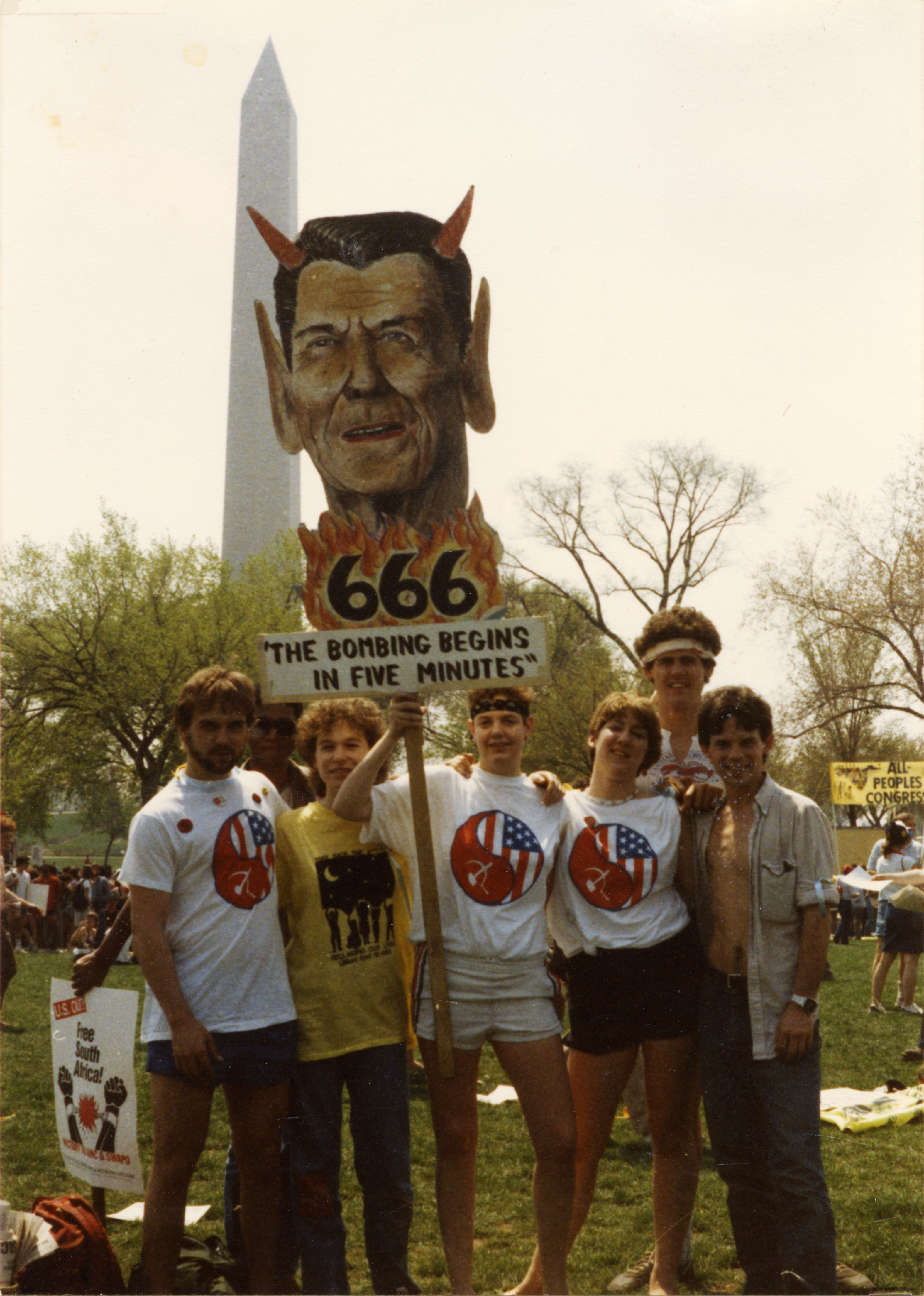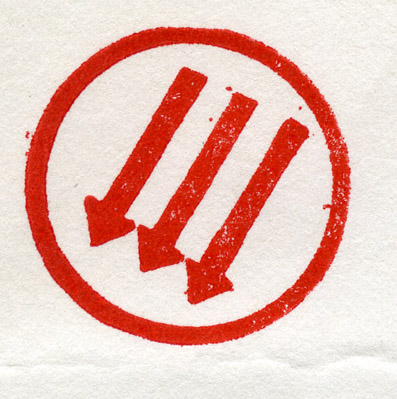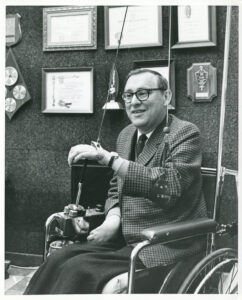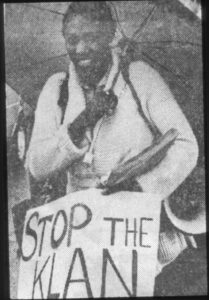UMass Peacemakers Records

Although the precise origins of UMass Peacemakers are murky, by 1982, the group was an active presence on the UMass Amherst campus organizing opposition to militarism and the nuclear arms race and providing support for the nuclear freeze movement. Organizing vigils, demonstrations, informational workshops, and providing civil disobedience training, the Peacemakers were the most visible pacifist group on the UMass Amherst campus in the 1980s.
The UMass Peacemakers Records focus on the activities of the student group between 1983 and 1990, documenting their role in confronting the aggressive international expansionism of the Reagan administration and its “Star Wars” program, while also engaging at the local and national level by organizing rallies, lectures, poetry readings, and film screenings. At UMass, Peacemakers was part of the larger Progressive Student Network, and worked alongside other student organizations including the Radical Student Union.




